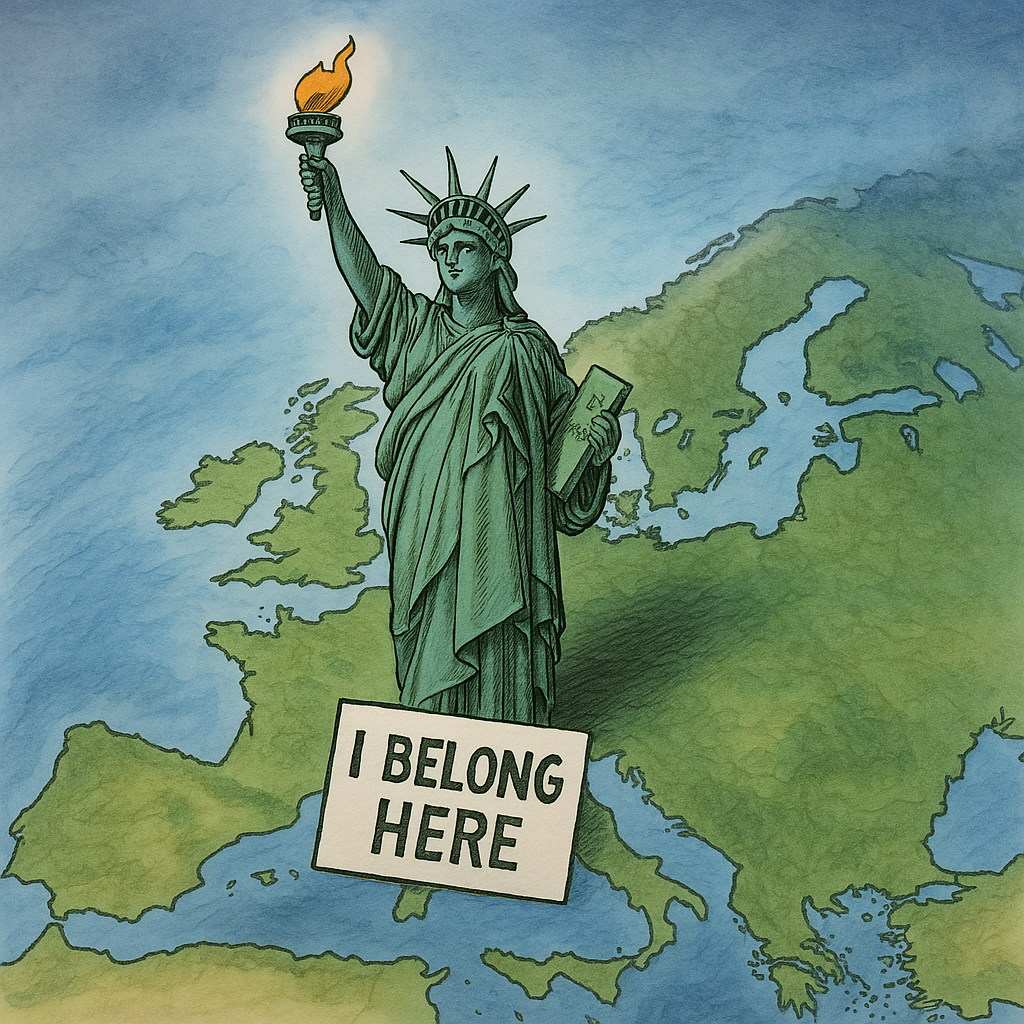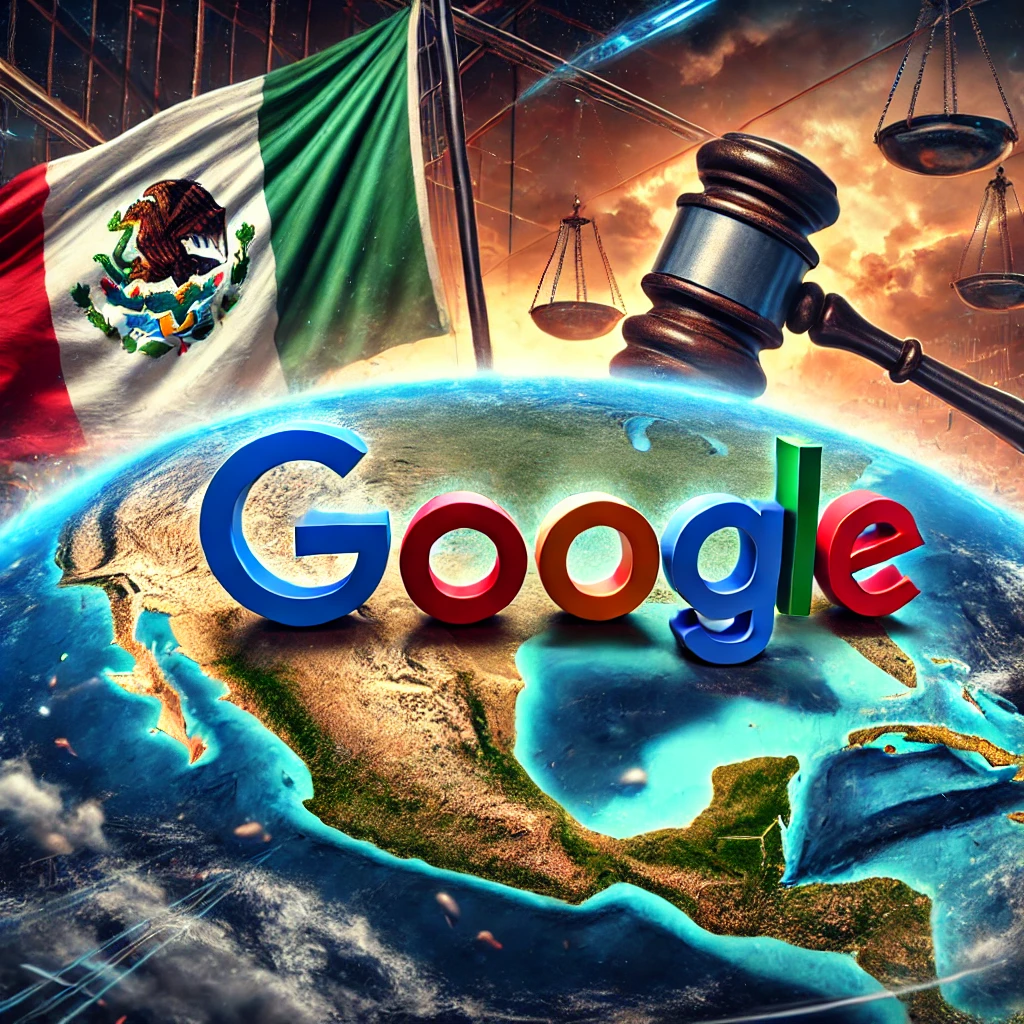While America spirals in culture wars and billionaire chaos, Europe is building a new kind of freedom: one based on regulation, balance, and boring stability. And maybe that’s what real liberty looks like in 2025.
Introduction: Europe, the Underrated Winner
As the United States wrestles with its demons—culture wars, tech overlords, collapsing trust in institutions—Europe has become something it was never meant to be: the future. The Economist recently argued that Europe is now the true land of the free. But they didn’t go far enough. The EU, with all its flaws, may have quietly created the most stable, functional, and equitable society of the post-pandemic world. And it did so without billionaires tweeting policies into existence.
The Economist Is Right, But Not Bold Enough
In its April 10th article, The Economist made a compelling case: Europe is freer than it looks. There are no Elon Musks buying platforms and reshaping speech norms. No tech-funded campaigns threatening democracy. No Supreme Court pendulum swinging rights in and out of existence. Europe isn’t flashy, but it’s solid.
However, The Economist played it safe. Europe isn’t just marginally better on a few metrics. It is architecting a new kind of liberty—one built on regulation, moderation, and collective rights. In a world addicted to volatility, that makes it revolutionary.
Big Tech Tyranny vs. Regulatory Freedom
In the U.S., freedom is often defined as the absence of restriction. But what happens when that freedom empowers billionaires to dominate public discourse? In Europe, GDPR, antitrust laws, and a robust privacy culture have clipped the wings of tech giants. You won’t find a European Mark Zuckerberg controlling a trillion-dollar network of influence.
This is not a flaw of the European model; it’s the design. Europe has drawn a hard line against broligarchs—those bro-y oligarchs whose money buys policy and narrative. That rejection is increasingly seen as one of the continent’s greatest strengths.
Freedom as Security: Health, Press, and Public Trust
What does freedom mean if you’re scared of getting sick or going broke? Europe’s commitment to universal healthcare, free education, and social housing delivers a kind of liberty the U.S. has never prioritized: the freedom from fear.
Press freedom in countries like Finland, Norway, and the Netherlands ranks among the highest globally. Trust in public institutions—police, health services, even governments—is consistently higher than in the U.S., where institutional collapse is becoming normalized.
Boring Is the New Brave
Europe lacks the drama of Capitol Hill or the spectacle of Super Bowl politics. But that’s the point. Freedom isn’t supposed to be chaotic. It’s supposed to let people live. While Americans debate whether democracy can survive another election cycle, Europeans are biking to work, enjoying six-week vacations, and trusting that their tap water won’t poison them.
In 2025, boredom might just be the new bravery.
A New Global Narrative
For decades, the world looked to the U.S. as the model of success and freedom. That myth is breaking. Rising powers are watching Europe’s balance of prosperity and regulation, innovation and stability, and asking: could this be our template?
Africa, Latin America, and parts of Asia are beginning to value steady institutions over Silicon Valley-style chaos. Europe’s model may no longer be mocked as slow or bureaucratic—but admired as smart, safe, and future-proof.
Conclusion: Freedom, Rebranded
Europe isn’t perfect. But it doesn’t need to be. In a world exhausted by crisis, its quiet model of freedom looks increasingly like a global prototype. The real land of the free might just be the one that doesn’t shout about it.



